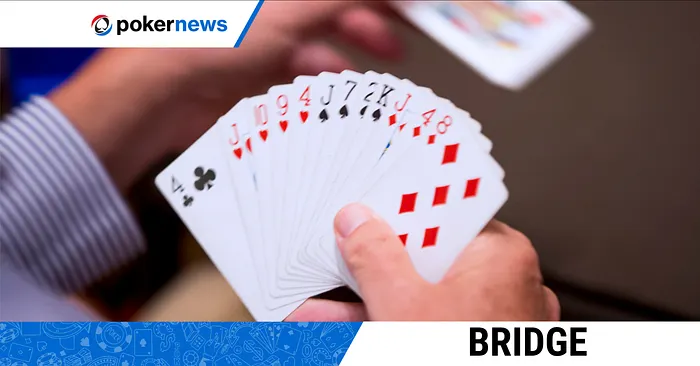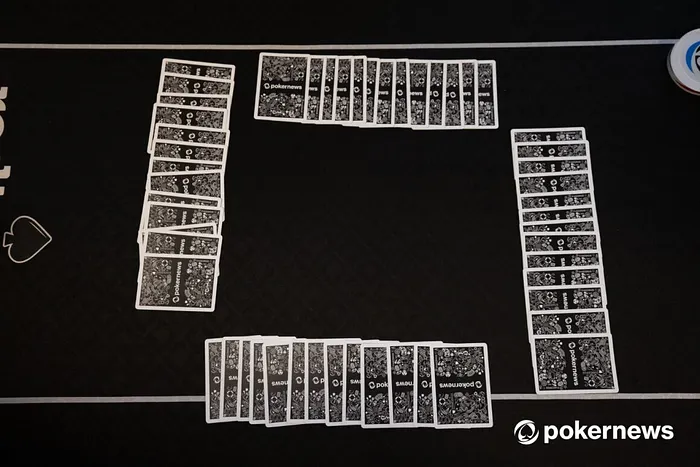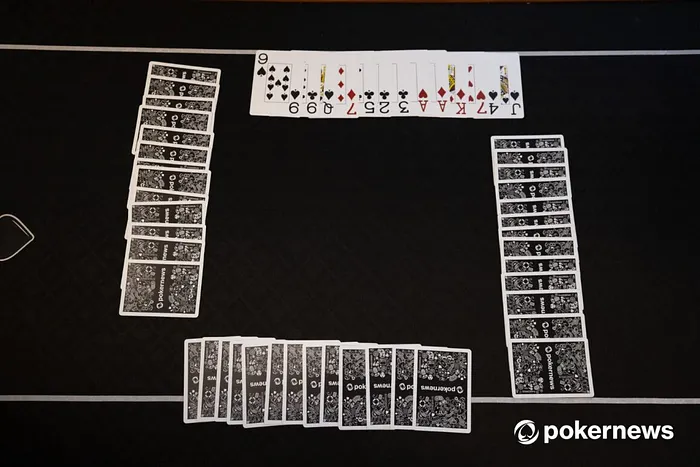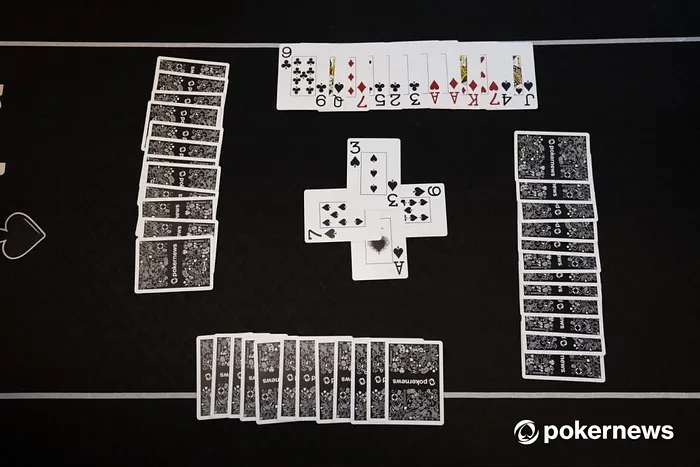How to Play Bridge for Beginners: Step-by-Step Guide

Introduction to Bridge
PokerNews has been working on other games that use a 52-card deck as well as poker and we have produced our card game hub to welcome you to the fascinating world of bridge, a card game that has captured the hearts and minds of millions worldwide.
Originating in the 19th century, Bridge has evolved into a strategic and social game that combines skill, tactics and teamwork. Its popularity spans generations and attracts players from all walks of life, from casual enthusiasts to competitive professionals.
In this PokerNews guide to playing bridge, our aim is to demystify the game of bridge for beginners, providing a comprehensive introduction to its rules, strategies, and nuances. Whether you're a novice or looking to sharpen your skills, we've got you covered.
Learn the basics of bidding, understand the significance of the dummy hand, and grasp the intricacies of trick-taking. From fundamental concepts to advanced tactics, this article serves as your bridge companion, guiding you through the intricacies of the game.
Bridge Basics: Rules and Setup
PokerNews welcomes you to the captivating world of bridge, a game that combines skill, strategy, and social interaction to create an engaging experience for players of all levels. To embark on your journey into the realm of bridge, let's first set the stage for a thrilling match.
Bridge is played with a standard 52-card deck, and the game involves four players, forming two partnerships. Each player is dealt 13 cards, and the objective is to score points by fulfilling contracts during the play of the hands.

To set up the game, gather four players and decide on partnerships. Partners sit opposite each other at the table. The dealer is chosen randomly, and the deal rotates clockwise after each hand. The player to the left of the dealer is the first to bid.
Bidding is a crucial aspect of bridge, where players communicate information about their hands and decide on the trump suit or whether to play in no trump. Bidding is a sequential process where players take turns making bids based on the strength and distribution of their cards. The highest bid determines the final contract for that hand.
Once the bidding concludes, the player who made the final bid (the declarer) selects the trump suit or declares no trump. Their partner (the dummy) then places their cards face up on the table, becoming a passive participant in the play. The remaining two players form the defense.
The play of the hand involves the declarer attempting to fulfill the contract by taking a specified number of tricks. The defenders, on the other hand, aim to thwart the declarer's plans by taking tricks of their own.

To prepare for a bridge match, ensure that everyone is familiar with the rules and basic strategies. It's helpful to have a scorepad to keep track of points. Familiarize yourself with the scoring system, where points are earned for making contracts and penalties are incurred for failing to meet them.
Create a comfortable and conducive playing environment, ensuring that everyone can see the cards and communicate effectively. As you progress in your bridge journey, you'll discover the nuances of the game, from opening leads to intricate finesses.
Now that you're equipped with the basics, gather your fellow enthusiasts, shuffle the deck, and let the cards unfold the story of each hand.
Enjoy the camaraderie, embrace the challenges, and savor the joy of playing bridge—a game that has stood the test of time and continues to enchant players around the world.
Playing Bridge
Understanding the structure of a bridge hand is fundamental to navigating the complexities of the game.
A bridge hand comprises a series of tricks, each involving four cards, one played by each player. The player who plays the highest card in the suit led wins the trick and leads the next one. Understanding the hierarchy of suits is crucial, with spades and hearts being higher than diamonds and clubs. If a player cannot follow suit, they can play any card, potentially changing the trump suit or creating opportunities for their partner.
The heart of bridge lies in bidding, where players predict how many tricks their partnership can take in a specific suit or at no trump. The final bid determines the contract, which is the number of tricks and the suit or no trump chosen for the round. This contract serves as the blueprint for the play of the hand.

Once the bidding concludes, the player who made the final bid becomes the declarer, aiming to fulfill the contract by taking the specified number of tricks. The declarer's partner becomes the dummy, laying their cards face-up on the table. The remaining two players form the defense, working together to prevent the declarer from achieving their goal.
As the play unfolds, the defenders try to take tricks by playing high cards or strategically timing their plays. The declarer, on the other hand, employs tactics to maximize their chances of success. The defenders aim to thwart the declarer's plan, primarily by taking tricks in suits where the declarer is weak.
Scoring in bridge is a nuanced process. Points are awarded for fulfilling contracts, and additional bonuses can be earned for specific achievements, such as making a game or a slam. Conversely, penalties are incurred for failing to meet the contract. The intricacies of scoring, including overtricks and undertricks, add an extra layer of depth to the game.
In summary, bridge is a dynamic card game that combines elements of strategy, communication, and prediction. The structure of a bridge hand, from bidding to the play and scoring, creates a rich tapestry of possibilities. Whether you find yourself in the role of declarer or defender, each hand presents an opportunity to hone your skills and engage in the artistry of bridge.
How to Play Bridge FAQ's
What is bridge, and how is it played?
Bridge is a four-player card game played in two partnerships. The game uses a standard 52-card deck, and players bid to predict the number of tricks their partnership can take in a specific suit or no trump.
How does the bidding process work in bridge?
Bidding involves players taking turns to declare the number of tricks they expect to win and the suit or no trump they prefer. The highest bid determines the final contract for the round.
What is the role of the declarer and defenders in bridge?
The declarer, determined by the final bid, aims to fulfill the contract by taking a specific number of tricks. The declarer's partner becomes the dummy, and the remaining two players form the defense, trying to prevent the declarer from succeeding.
How is scoring done in bridge?
Scoring in bridge is based on fulfilling or failing to meet the contracted number of tricks. Points are awarded for making contracts, and various bonuses can contribute to the overall score.
Can beginners play bridge, and how can they learn?
Absolutely! Beginners can start by understanding the basics and practicing with online tutorials, local clubs, or bridge communities. It's a game that welcomes players of all levels, and learning through experience is key
